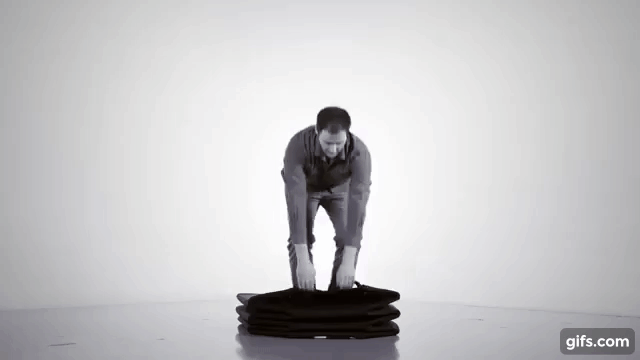Peacock’s Frustrating “Teacup” Feels Only Half-Full
You can feel the TV creator playing tug-of-war with the original author in a way that buries themes, makes characters shallow, and loses the potential of both projects.

There’s a great show buried in the poor filmmaking decisions that constantly drag Peacock’s “Teacup,” produced by modern horror icon James Wan. It’s probably due to the source-altering choice to take a novel that has been compared to The Stand in its scope, Robert McCammon’s Stinger, and reduce it to a tale of a smaller group of people in the worst few days of their lives. I’m all for taut, tightly confined pieces of sci-fi/horror, but I knew that something had been radically altered from the source here even though I hadn’t read McCammon’s book. You can feel the TV creator playing tug-of-war with the original author in a way that buries themes, makes characters shallow, and loses the potential of both projects. Creator Ian McCulloch compares his approach to the sprawling source as “an acoustic guitar version of, say, a Radiohead song.” The problem is he’s lost the melody.
“Teacup” centers the Chenoweth family: mother Maggie (Yvonne Strahovski), father James (Scott Speedman), son Arlo (Caleb Dolden), daughter Meryl (Emilie Bierre), and grandmother Ellen (Kathy Baker). Their already tenuous world is shattered when Arlo meets what appears to be a very ill woman in the woods outside their house. Before you know it, he’s not exactly the same old kid, his body now inhabited by an interstellar traveler. Yes, “Teacup” is a riff on classic body-swapping projects like “The Thing” or “Invasion of the Body Snatchers,” wherein our own neighbors and family members can pose the greatest threat. (A personal fave genre, for the record.) Before the Chenoweths can even figure out what’s going on with its youngest member, a line is drawn around their property, one that literally turns human bodies into bloody messes if crossed. And then they learn that the initial space traveler isn’t alone, and an assassin has been sent to take it down before he helps launch an alien invasion.

Part of the problem with “Teacup” is it how completely it eschews any sort of character development for perceived momentum. The problem is that we learn so little about the Chenoweths and their neighbors that it becomes impossible to really care about what’s happening to them. A cheap infidelity subplot is tossed in to make up for this lack of depth, and we get a bit of a romance between two young characters later, but it’s disheartening to watch a great character actor like Boris McGiver or a veteran like Baker given almost nothing to play, coming off as little more than cogs in the plot’s machine. It doesn’t help that the young performers are, politely, not very good, although I’ve always believed that when this kind of thing is a problem across a project it’s blame that falls more at the feet of directors and writers than actors who are just learning their craft.
The only performers that make any sort of impact are the supporting duo of Rob Morgan and Bill Heck, a pair of excellent character actors who can do a lot with a little and inject their unusual roles with a bit of quirky, dangerous energy that the rest of the piece really needed. That’s the other fatal flaw in “Teacup”: a lack of stakes. Seeing what the mysterious “dome” around the characters can do at the end of the premiere should amplify the tension and claustrophobia of yet another piece that can arguably be read as a COVID allegory (“family trapped in a lockdown by an unexpected, world-shattering event” is the genre logline of the year), but McCulloch and his team never succeed at producing tension, pushing from plot point to plot point with what almost feels like apathy.
It truly feels like this is a production that never broke exactly how to turn The Stand into “A Quiet Place.” (For an example of precisely how to do that go check out the buzz-generating “From” on MGM+, a vastly superior version of a sci-fi/horror concept with similar themes to “Teacup.”) Again, I love when macro stories like alien invasions are told through the micro lens of one family impacted by it, but it’s a tough tonal balance that requires richer characters than “Teacup” provides. We have to care about the people facing the end of the world more than we do the Chenoweths. And, despite the promising final scene that made me wonder if they couldn’t figure out this show in season two, we have to sense that the creators care about them too.
Whole season screened for review. Premieres with two episodes today on Peacock.



















